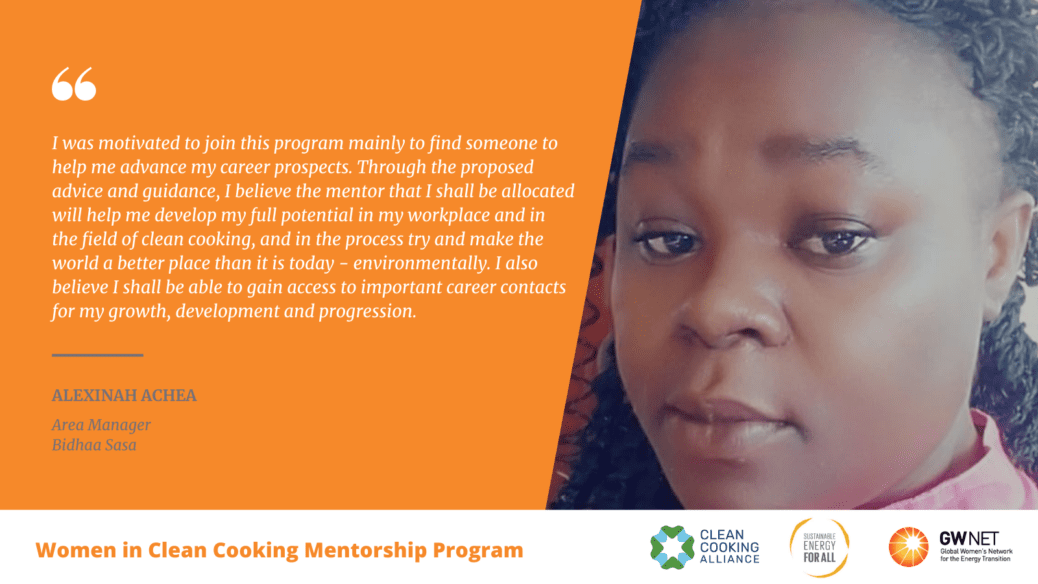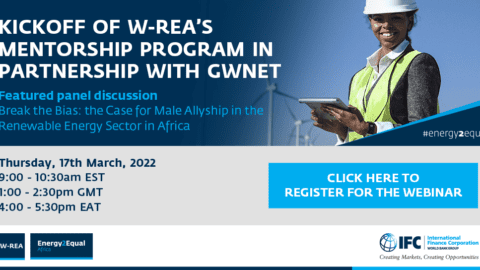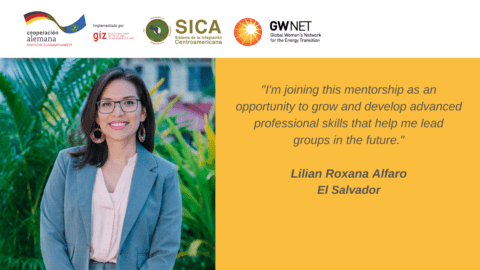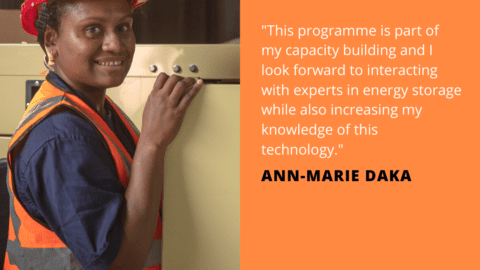GWNET brings you the 5th instalment of the “Meet the Women in Clean Cooking” series which celebrates the work and achievements of the women who are part of the Clean Cooking Mentorship Program. This program is made up of 30 mentee-mentor tandems, with mentees from over 15 countries. Meet Clean Cooking mentee, Alexinah Achea, Area Manager at Bidhaa Sasa in Kenya.
1) Tell us a little about yourself. What do you love most about what you do?
I have a diploma in Mass Communication and Public Relations, which has in the early days of my career exposed me to the Sustainable Development Goals, climate change and agriculture with a special focus on women and youth.
From running entrepreneurship, financial literacy and women empowerment radio programs at Radio Mambo in Webuye (western Kenya) as an intern over eleven years ago, to lending microloans to women and youth groups in Vihiga, Busia and Nandi counties, I work today as an area manager at Bidhaa Sasa; a women-focused Kenyan company that uniquely combines financing and last-mile distribution of modern household goods in a one-stop-shop for rural areas in Kenya with recent expansion into Uganda.
I am passionate about my role because as a company we have since inception helped thousands of our beneficiaries (mostly women) save millions of shillings in fuel expenditures, significantly reduced deforestation in communities where we have a presence and dramatically reduced harmful smoke emissions which have for a long time caused significant health problems and even death in communities in Sub-Saharan Africa particularly Kenya. Not to mention the fact that Bidhaa Sasa supports a workforce that is over 60 per cent female, thus empowering women like myself in roles traditionally considered to be “for men only.”
2) What were your goals when you started working in clean cooking? How have these evolved?
My goal when I joined clean cooking was to see that our people in rural areas had access to a clean, sustainable, and affordable energy source that would guarantee their well-being and reduce deforestation.
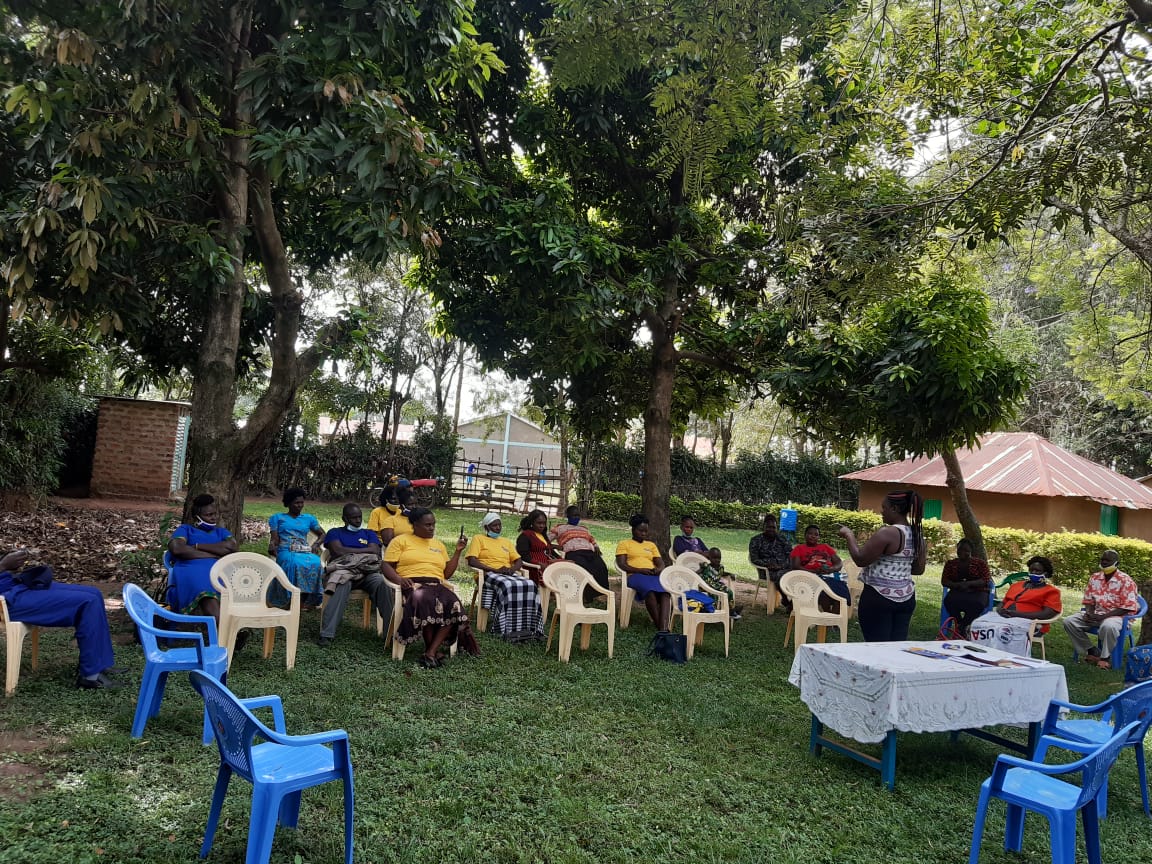
3) What are the opportunities for clean cooking in your country?
There has been an emergence of local industrial cookstoves manufacturing and developed standards for biomass cookstoves. Cookstoves technology has advanced considerably and innovations in end-user finance are making the stoves more affordable.
4) What challenges have you faced in the sector? Can you tell us how you overcame (or are overcoming) this challenge(s)?
Firstly, high costs and logistical challenges hinder access to clean energy e.g. gas. Additionally, changing the culture of some communities to clean cooking is a challenge.
The first challenge has been addressed by encouraging women to form groups where they contribute money and buy gas or improved stoves for one another. At least every market center now has LPG filling stations for easy access. The second challenge has been addressed by visiting women groups in rural areas and teaching them the importance of clean cooking.
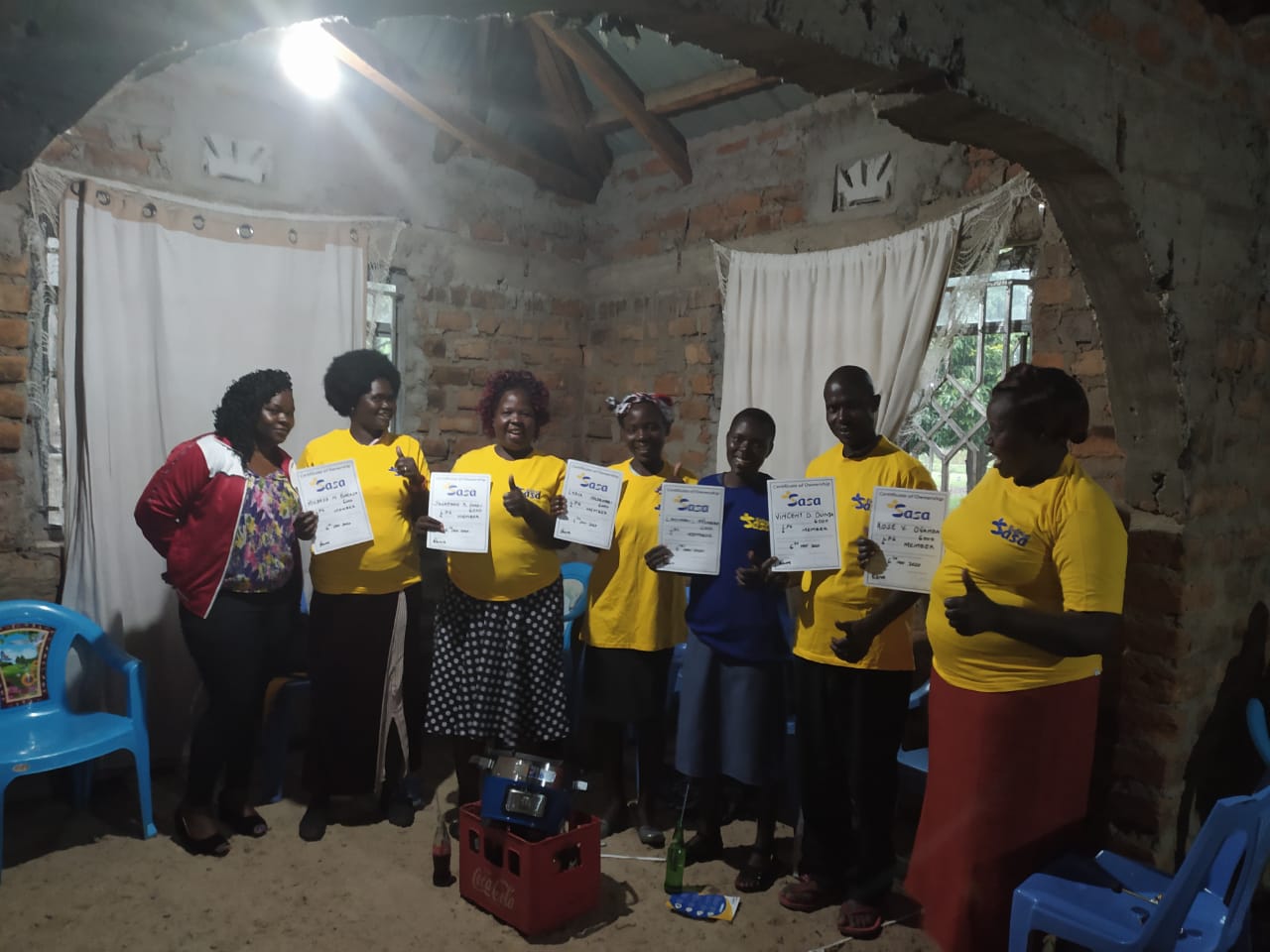
5) Where would you like to be in 5 years and how can this mentorship program support this long-term goal?
To be honest, I’m really excited by my role at Bidhaa Sasa because, in five years, I’d like to be seen as a woman with deep expertise in the clean energy sector in this region if not globally. I know that is something that I will have an opportunity to realize through this mentorship program. I have no doubt that this program will help me develop my full potential in my workplace and in the field of clean energy.
Looking into the future, I am also really excited to take on more managerial responsibilities and potentially even take the lead on some projects at the company where I serve. At Bidhaa Sasa, I have been lucky enough to work with some amazing industry leaders. As I join this program, I want to build on my relationship with them and develop into a great senior manager so that I can continue supporting the sector and our beneficiaries.
6) What advice would you give to women hoping to join the clean cooking sector?
I would advise women to be on the frontline for advocating and educating rural communities of the importance of clean cooking
Read more about GWNET’s mentoring programmes here.

